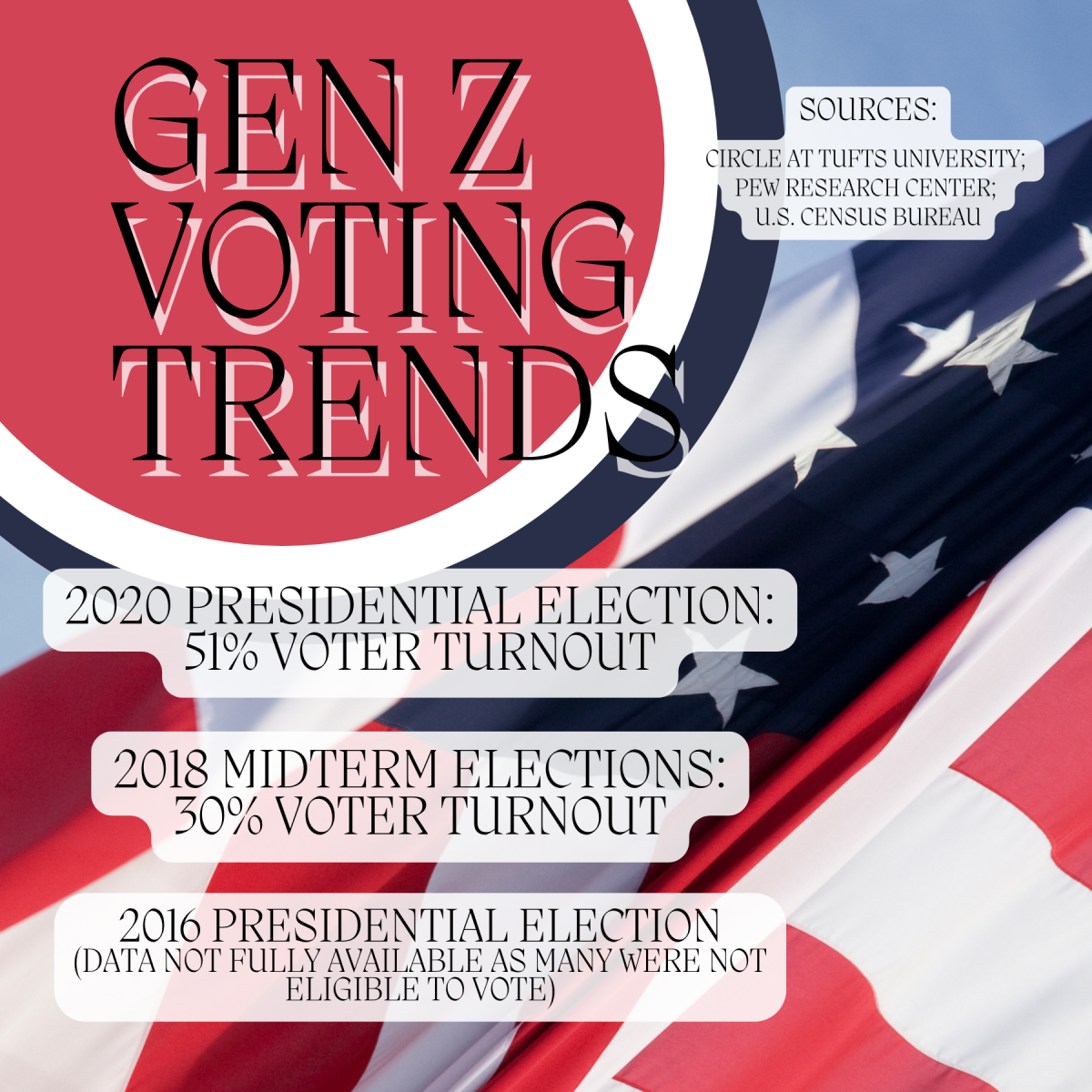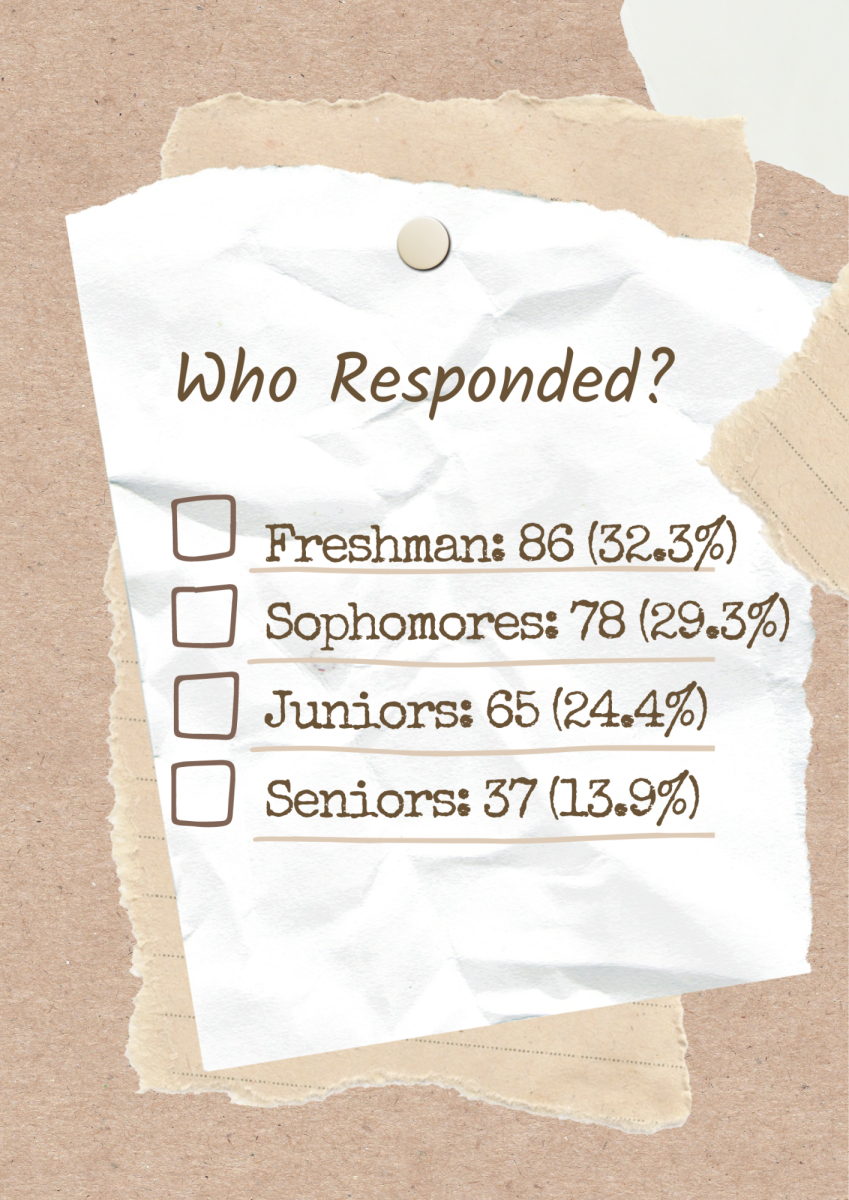This holiday season, the holidays lurked closer and closer on the calendar and so did stress. This is for various reasons, gift giving being a primary one. When people need to buy gifts, they’ll usually stop at the mall or a store. According to statista.com, Americans were expected to spend $830 billion total during the 2015 holiday season. Because of this, retail stores often open earlier and close later, which leads to overworked and underpaid employees trying to satisfy America’s never-ending hunger for consumerism that only gets worse during the holidays.
Retail employees that work during the holidays especially have to deal with customers taking out stress on them. Ms. Mary Mills, a retail employee at a chain of stores (who asked that her employer remain anonymous) described some of the abuse that she’s had to take from customers, saying that she’s had “to sit there or stand there and remain calm and say, ‘I’m sorry’ and try to make them happy with a smile on my face.”
Mills also details how out-of-control angry customers can get saying, “I’ve had people throw coupons at me, I’ve had people throw clothes at me, I’ve had people scream at me, I’ve had people tell me that I was rude because I couldn’t let them use a coupon.”
Mills makes $8.39 an hour ($0.14 above the minimum wage in Illinois), which comes to approximately $10,000 a year for her. She says that minimum wage “helps, but it’s not really enough to live on much” and that she would not be able to provide for her family if she “had to rely on just what [she] makes.”
Unfortunately, Mills’s situation is not unique, considering that the average retail employee only makes $21,410 a year working full time, according to the United States Bureau of Labor Statistics, but needs to make around $25,000 to be above the poverty line for a family of four. Add the fact that the average minimum wage employee is 35 years old and that 88 percent aren’t teens, according to the Economic Policy Institute, and this can make working during the holidays even more difficult.
Anna Legutki, a freshman at LHS, believes that, “$8.25/hour isn’t enough to buy everything that’s required to live a healthy life. If you work a 9-5 job, that’s 8 hours, and you’re only getting $66 dollars total. that’s not nearly enough to live a healthy life. Not to mention, most minimum wage paying jobs aren’t in daily eight-hour shifts, so most people living with minimum wage are getting way less than that per day.”
However, sophomore Sava Prodanovic, disagrees with Legutki’s statement, saying that the minimum wage “should stay the same, stating “if you raise [the] minimum wage…the employers will not be able to pay [all of their current employees], so [some of them will] lose their jobs.”
Although Prodanovic’s statement could be a possibility for small stores after the 2009 economic recession, for big corporations, this couldn’t be further from the facts. ABC News reports that the CEO of Walmart, Michael Duke, currently makes $16,826.92 an hour while his typical employees at the store make $8.75 an hour, which amounts to around $13,650 a year and that’s around $3,000 less than what Duke makes in an hour. The CEO of the company that Mills currently works for makes around $5.7 million a year, which is 570 times more than what Mills makes per year.
Insurance can add to the stress of making minimum wage as well. According to healthcare.gov, employers are only required to provide health insurance for their employees if the business has 50 or more full-time employees. Mills described the different work hours at the store that she’s employed at saying, “Full time hours would be 40 hours a week, and they have to pay insurance and all that stuff if they want full-time. Part-time hours is 20-30 hours a week” and added that she is “considered short hours, which technically is not supposed to be more than 20 hours a week. and that’s what most of the employees are.”
Why are so many of the employees at Mills’s workplace categorized as “short-hours”? This is so the company doesn’t have to pay their health insurance. Mills says that although she is considered short-hours, that she actually “tends to work closer to the 35 or 40 hours a week. That way, they don’t have to pay me insurance, but I get the money.” Many of Mills’s co-workers have a similar working hour situation.
Working a minimum-wage paying job in retail is already no picnic, but if that’s combined with the holiday season, it seems that makes it especially tedious and frustrating. Luckily, Mills’s co-workers and superiors in her workplace are on her side, as she’s recalled many of them saying things such as, “Family is much more important”,“If you do have a family conflict, just let us know” and adding that her “assistant manager, who makes the schedules is very good about if you have a conflict [and] changing the schedule to help you.” This includes Mills and her co-workers switching their shifts. Mills said on the topic of her co-workers and superiors that, “As long as you’re willing to work with them, they’re willing to work with you.”
However, one thing is for sure: the minimum wage needs to be raised. As Democratic candidate for the 2016 presidential election and senator of Vermont Bernie Sanders has said, “No one who works 40 hours a week should be living in poverty.”









